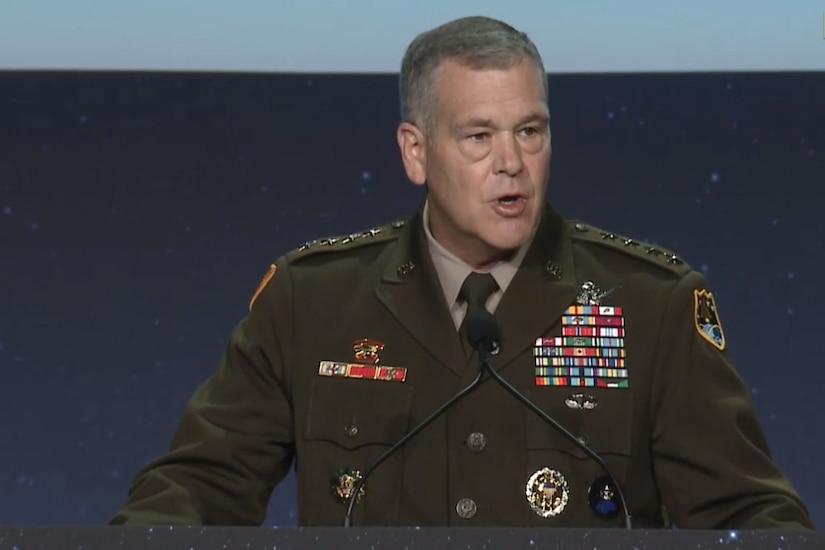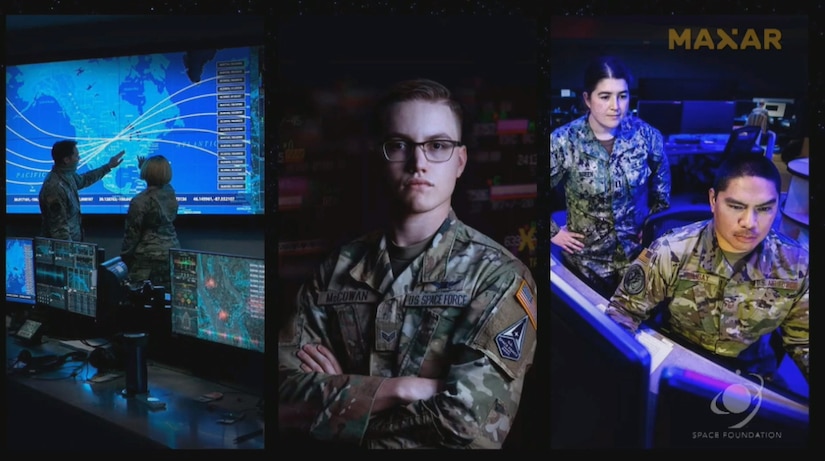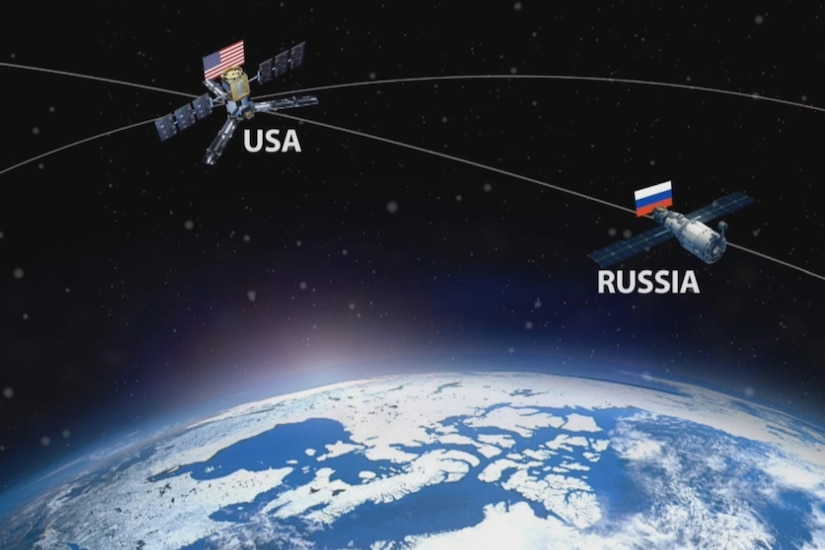Today, Deputy Attorney General Lisa Monaco announced the creation of a new Cyber Fellowship program, designed to develop a new generation of prosecutors and attorneys equipped to handle emerging national security threats.
“As we have witnessed this past year, cyber threats pose a significant and increasing risk to our national security, our economic security, and our personal security,” said Deputy Attorney General Monaco. “We need to develop the next generation of prosecutors with the training and experience necessary to combat the next generation of cyber threats. This Fellowship gives attorneys a unique opportunity to gain the well-rounded experience they need to tackle the full range of those threats.”
The creation of the Fellowship, which will be coordinated through the Criminal Division’s Computer Crime and Intellectual Property Section, is a recommendation from the department’s ongoing comprehensive cyber review, ordered by Deputy Attorney General Monaco this past May. The review is aimed at developing actionable recommendations to enhance and expand the Justice Department’s efforts against cyber threats.
Cyber Fellowship Details
The three-year Cyber Fellowship will provide selected attorneys experience combatting emerging national security and criminal cyber threats, while rotating through multiple department components that protect the nation from cyber threats — including the Criminal Division, the National Security Division and the U.S. Attorneys’ Offices. Through this unique opportunity, Fellows will handle a broad range of the cyber cases performed by the department and gain a comprehensive understanding of the department’s response to emerging and critical threats. Fellows can expect to investigate and prosecute state-sponsored cyber threats; transnational criminal groups; infrastructure and ransomware attacks; and the use of cryptocurrency and money laundering to finance and profit from cyber-based crimes.
Incoming Fellows must agree to a three-year commitment to the program and be able to secure a Top Secret security clearance. All Fellows will be based in the Washington, D.C. area. Fellows may be extended or converted to permanent positions without further competition or may reapply to the Honors Program in a subsequent year provided they meet eligibility criteria. Alternatively, as they approach the end of their three-year term, Fellows may apply to permanent positions within the department that align with their interest.
Application Details
The first track of Cyber Fellowship applications will be accepted through the Justice Department’s Honors Program application portal, which can be found here. Applicants who have applied to or are in the process of applying to this year’s Honors Program should indicate that they would also like to be considered for the Cyber Fellowship. Candidates must meet Honors Program eligibility criteria to apply through the Honors application portal. The deadline for this first round is Sept. 8. Information regarding deadlines and eligibility to submit applications to the Cyber Fellowship through subsequent tracks is forthcoming.
Inquiries about the Cyber Fellowship can be submitted to Cyber.Fellows@usdoj.gov.








